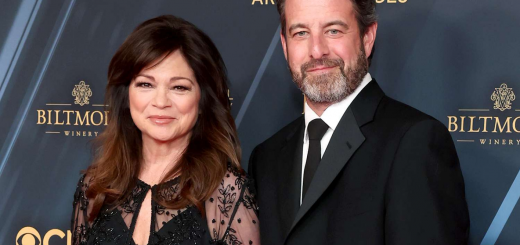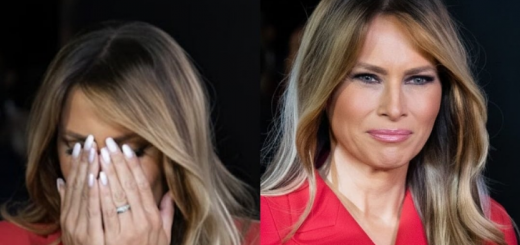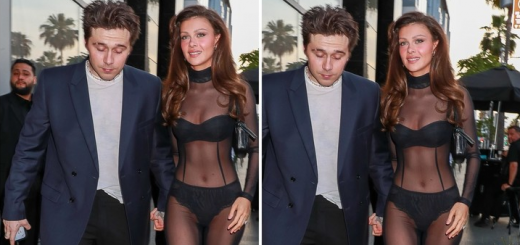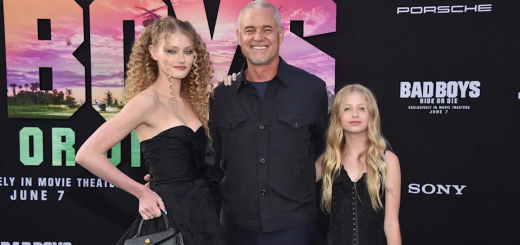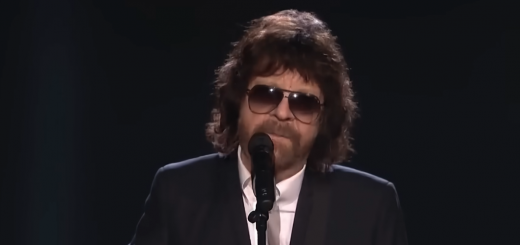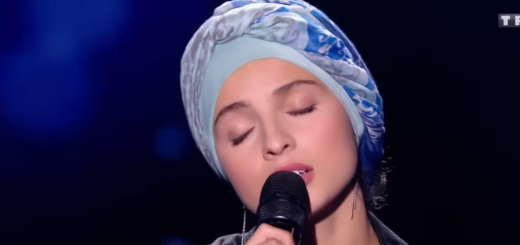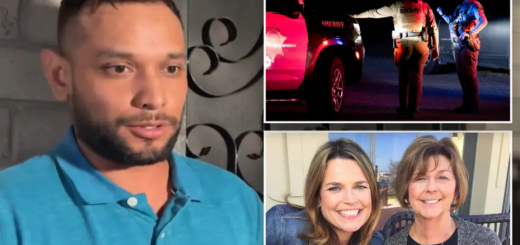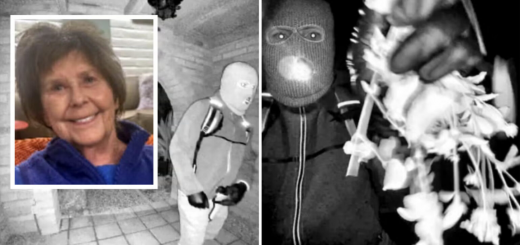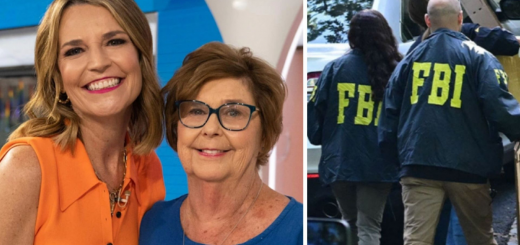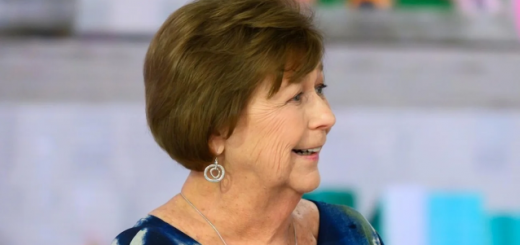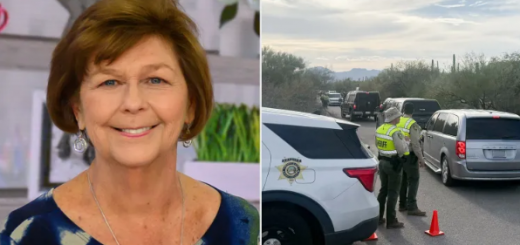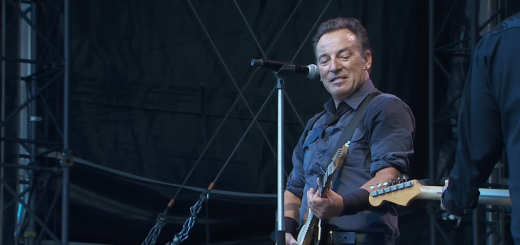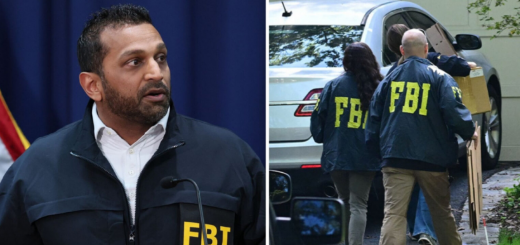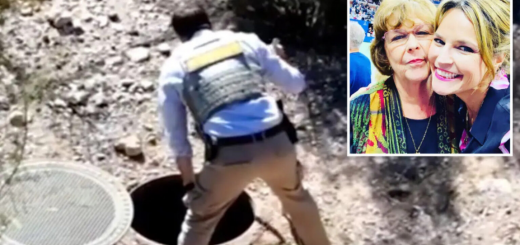Mel Gibson Faces Backlash for Discussing Controversial Theory About LA Wildfires After Losing Malibu Home
Mel Gibson has sparked heated criticism online after sharing a controversial theory about the Los Angeles wildfires during a live television appearance.
The actor, 69, revealed that his Malibu mansion had been completely destroyed by the devastating fires, leading to an emotional response that has since drawn scrutiny.
Gibson first disclosed the loss of his multi-million-dollar property during an appearance on The Joe Rogan Experience podcast and later elaborated on Elizabeth Vargas Reports on NewsNation.
While speaking with Vargas, Gibson explained that he had been in Austin, Texas, when he learned of the fire that engulfed his home.
He described the experience as “devastating” and deeply emotional.
“I’ve never seen such a complete burn,” Gibson shared, adding, “It’s undeniably heartbreaking. The level of destruction is difficult to put into words.”
However, it wasn’t his account of the loss that drew backlash—it was his subsequent comments regarding the cause of the wildfires.
While discussing the incident, Gibson alluded to an unverified conspiracy theory that has gained traction in some circles.
This remark quickly ignited a wave of criticism on social media, with many accusing the actor of spreading misinformation during a sensitive time.
Critics took to platforms like Twitter and Facebook to call out the remarks, labeling them as “irresponsible” and “insensitive.”
Others expressed frustration over public figures amplifying unproven theories rather than focusing on the victims and the urgent need for relief efforts.
Despite the controversy, Gibson’s emotional response to losing his home resonated with some fans, who expressed sympathy for the actor’s personal loss.
“It’s heartbreaking to lose your home and memories,” one commenter wrote. “But we should focus on helping those affected, not pointing fingers.”
As wildfires continue to ravage parts of California, the incident highlights the broader challenges of addressing misinformation and fostering constructive conversations in times of crisis.
Whether or not Gibson addresses the backlash, the debate underscores the importance of balancing free speech with responsible dialogue—especially when discussing events that affect thousands of lives.

